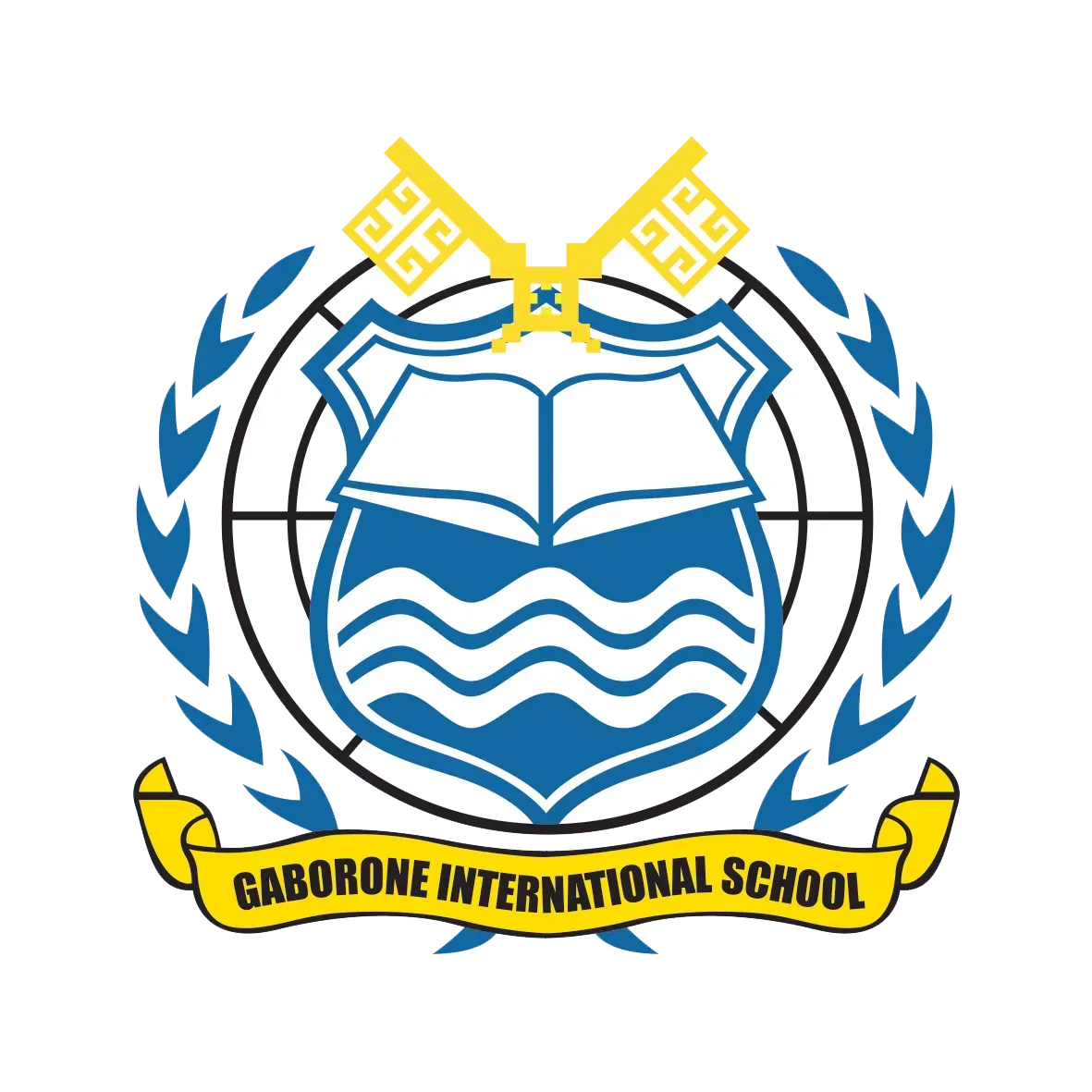Preparing Students for Global Citizenship
In today’s interconnected world, preparing students for global citizenship has never been more urgent. From climate change to public health, social injustice to shifting geopolitics, the challenges are vast. Gaborone International School (GIS) believes education must rise to meet these challenges by equipping learners with not just knowledge, but the character, skills, and global perspective to make a meaningful impact.
At GIS, we don't merely aim to produce top academic performers. Our vision is to nurture well-rounded individuals who lead with empathy, collaborate across cultures and act with integrity. This aligns directly with our Brand Ladder, where the foundation of academic excellence evolves into developing confident, curious and connected global citizens. Tools like AdvLEARN, which show high satisfaction among GIS parents, allow us to personalise learning and support academic achievement in a tech-forward environment.
The Core Components of Global Citizenship Education
1. Knowledge and Understanding
GIS students engage with world affairs, international systems and environmental challenges. From global economies to climate justice, learners build informed opinions and make ethical decisions in a global context.
2. Skills Development
Beyond textbooks, learners cultivate critical thinking, intercultural communication, digital literacy, and collaboration. These skills are nurtured through inquiry-based learning and real-world problem-solving. Discover more on life skills that every child should know.
3. Values and Attitudes
Empathy, respect, and ethical responsibility are woven throughout the school culture. From community projects to classroom discussions, GIS instils values that reflect our commitment to nurturing thoughtful global participants.
How GIS Integrates This Into The Curriculum
Incorporating Global Themes
Grounded in the rigor of the Cambridge International Curriculum, our global citizenship approach prepares students to meet international standards while developing broader worldviews. At GIS, global citizenship isn't a subject—it's a thread running through every lesson. A science class might analyse the impact of water scarcity, while literature explores voices from across continents. This interdisciplinary approach fosters global perspectives across all stages of learning.
Supportive School Environment
With a full-time psychologist and pastoral team, GIS prioritises emotional well-being. While 67% parent satisfaction reflects strong progress, we continue to deepen our engagement in this area. Whether it's Setswana Cultural Day or heritage exhibitions, GIS is intentional about celebrating local traditions — a fact affirmed by 84% of parents.
Experiential Learning and Real-World Engagement
Service-learning projects allow students to actively address real-world issues, whether through sustainability initiatives or local outreach. These experiences ground abstract concepts in real impact. GIS facilities scored 85%, yet we're actively growing our coaching programme, with 67% satisfaction signalling room to sharpen this offering — part of our ongoing commitment to holistic development.
Exchange & Virtual Connections
GIS learners benefit from international partnerships and virtual exchanges. These opportunities broaden cultural understanding and build authentic global friendships. With a 72% satisfaction rate in multicultural experiences, GIS learners benefit from a richly diverse environment that encourages inclusion across forms and cultures.
Technology as a Bridge, Not a Barrier
From virtual classrooms to curated platforms like Google Earth or international news media, technology at GIS enhances global connectivity and digital citizenship. To see how we introduce this even in our early years, view our preschool digital literacy approach at
Teachers as Global Mentors
With 82% of parents affirming that GIS teachers show genuine care and 80% noting that teachers understand learner needs, our educators are more than instructors — they are nurturers of potential. Ongoing professional development ensures they’re ready to navigate complex global themes.
Why Choose GIS?
GIS offers a seamless educational journey from Pre-School to Form 4 on a single state-of-the-art campus — a unique offering that cultivates continuity, belonging, and long-term development. Explore more about why GIS is the right choice for families seeking global readiness:
School Policies and Culture
Teaching global awareness can be imbedded into the culture of schools through inclusive policies, by celebrating international days and encouraging learner-led initiatives that address global challenges. When schools supports these types of efforts, learners are more likely to adopt and embody global values.
Involving Parents and Communities
Community Partnerships
Building relationships with local and international organisations adds to the learning experience. NGOs, embassies and cultural centres are equipped to assist with resources, speakers and real-world insights that reinforce skills for global citizens.
Parent Engagement
Parents play a vital role. By encouraging diverse reading materials at home, discussing global events and news and taking part in school-led global initiatives can support children’s growth as active global citizens.
Education isn’t confined to textbooks and classrooms any longer. It must prepare learners to think globally, act responsibly and connect with the world around them. By preparing students for global citizenship, schools can be proactive in moulding compassionate, informed and empowered leaders of the future.
Gaborone International School (GIS) advocates for a holistic and inclusive approach to education. It is our aim to blend academic rigor with cultural intelligence. This approach empowers learners to thrive in and contribute to a globalised society. For more information on why to choose GIS, take a read here.
FAQs
1. What are some common challenges in teaching global citizenship?
Limited resources, lack of teacher training and rigid curricula can hinder implementation.
2. How can small schools with limited resources implement global citizenship education?
Focus on local-global connections, leverage free digital resources and form partnerships with NGOs.
3. What are effective ways to assess students' growth as global citizens?
Use reflective journals, project-based learning and peer assessments to gauge awareness and action.
4. How can global citizenship be promoted in early childhood education?
Through stories, games and activities that promote kindness, sharing and awareness of diversity.
5. Are there any global certifications for schools excelling in global citizenship education?
Yes, organisations like UNESCO and the IB offer frameworks and recognition for schools promoting global competencies.



